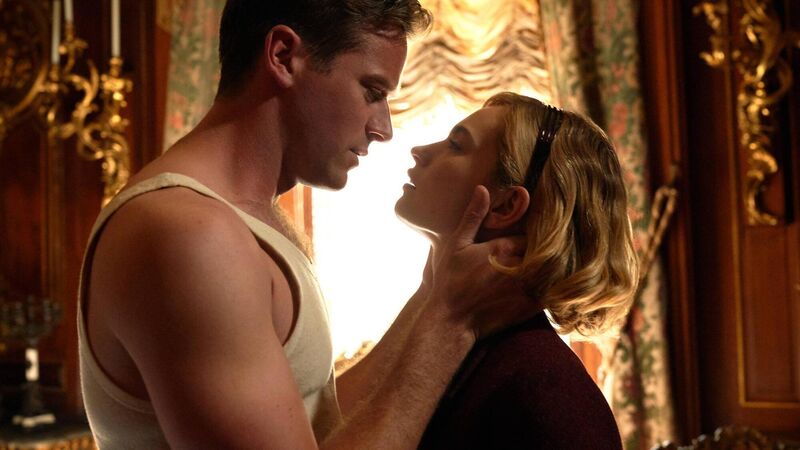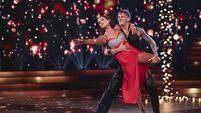Lily James: 'Rebecca asks a lot of pretty sinister questions about men and women'

Lily James with Arnie Hammer in Rebecca, on Netflix.
British filmmaker Ben Wheatley isn’t the first filmmaker who comes to mind for the making of an adaptation of literary classic Rebecca. The man behind such cult indie hits as the shoot ‘em up Free Fire and the darkly funny Sightseers doesn’t seem like the type to take on Daphne Du Maurier’s much-loved novel.
That’s what leading actress Lily James thought too, until she realised his knack for the complexities of human nature meant his involvement made perfect sense.




